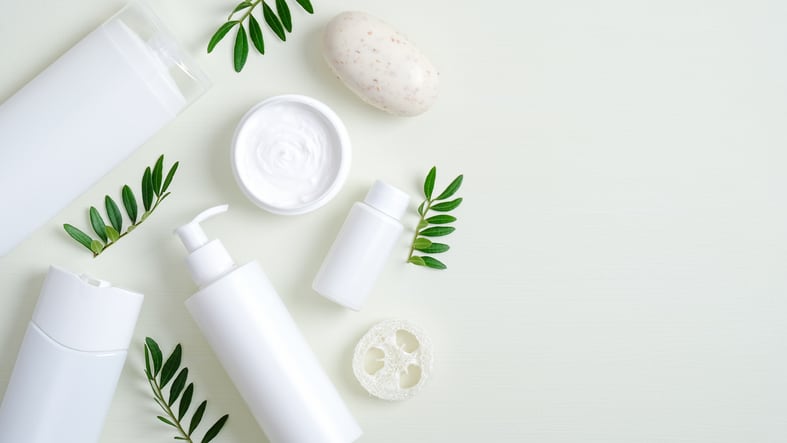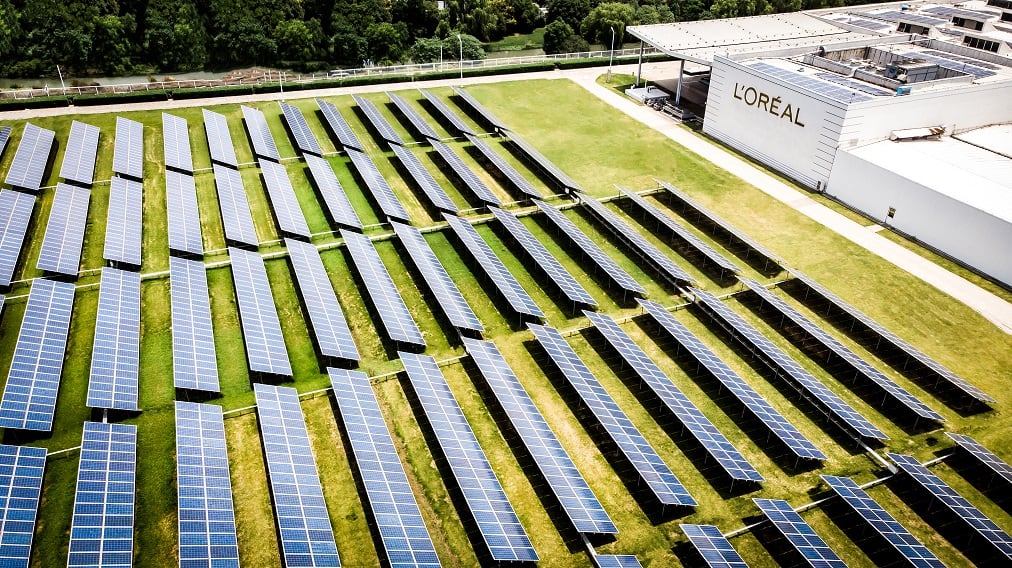A team of researchers from Telkom University and STIA Maulana Yusuf Banten in Western Indonesia surveyed consumers from the region to find what drove the purchase of Love, Beauty and Planet products.
Love, Beauty and Planet was established in 2017 by personal care major Unilever, the maker of brand such as Dove and Lux, and arrived in Indonesia in 2019.
The mass-market brand consists of hair care, body care and bath products and boasts naturally derived ingredients, ethically sourced fragrances and vegan formulations. Additionally, the brand utilises 100% recycled and recyclable bottles.
The study was first presented at the 5th North American International Conference on Industrial Engineering and Operations Management in December 2020.
Attitude check
Researchers distributed questionnaires online to 150 respondents in Western Indonesia that have previously purchased Love, Beauty and Planet products with purposive sampling method.
Based on the results, the customer attitude on Love, Beauty and Planet was considered excellent with a score of 85% while consumers’ purchase intention scored of 83.4%.
Love, Beauty and Planet was considered to help reduce the problem of waste by using recycled plastic and minimising the footprint of carbon emissions and waste in the production process.
The researchers highlighted that awareness of environmental issues have increased, triggered by the concern for how humanity’s activities threaten its very survival.
The awareness of the damages of plastic waste, in particular, shone the spotlight on the role fast-moving consumer goods (FMCG) companies play in the plastic waste crisis.
In Indonesia alone, as much as 4.7m tonnes of plastic waste in Indonesia end up in the oceans and rivers. According to the Ministry of Environment and Forestry, almost 68% of river water that is used for daily needs in Indonesia is heavily polluted.
The study suggests that the increasing awareness of environmental concerns have encouraged changes in consumer mindsets and is driving consumer intention to buy green products.
“The existence of environmental concern for Love, Beauty and Planet creates consumer buying interest, and with its performance as a green product, Love, Beauty and Planet provides benefits that create a sense of satisfaction in the use of its products.”
A good green mix
The team used the Sobel Test method to test the strength of the indirect effect of the green marketing mix on green product purchase intention.
Green marketing consists of activities designed to promote products or services based on their environmental benefits.
Based on the results of the analysis, the researchers concluded that the green marketing mix can also significantly and positively influence consumer attitude on green products.
“It can be concluded that the higher the green marketing mix offered by a positive product company in the minds of consumers, the purchase intention of a green product in the minds of consumers will be higher.”
The researchers suggested that companies must maintain a commitment to the environment to maintain a positive attitude and consumer confidence in their green products.
Source: IEOM Society
The Role of Customer Attitude in Mediating the Effect of Green Marketing Mix on Green Product Purchase Intention in Love Beauty and Planet Products in Indonesia
Authors: Kartawinata et al.





